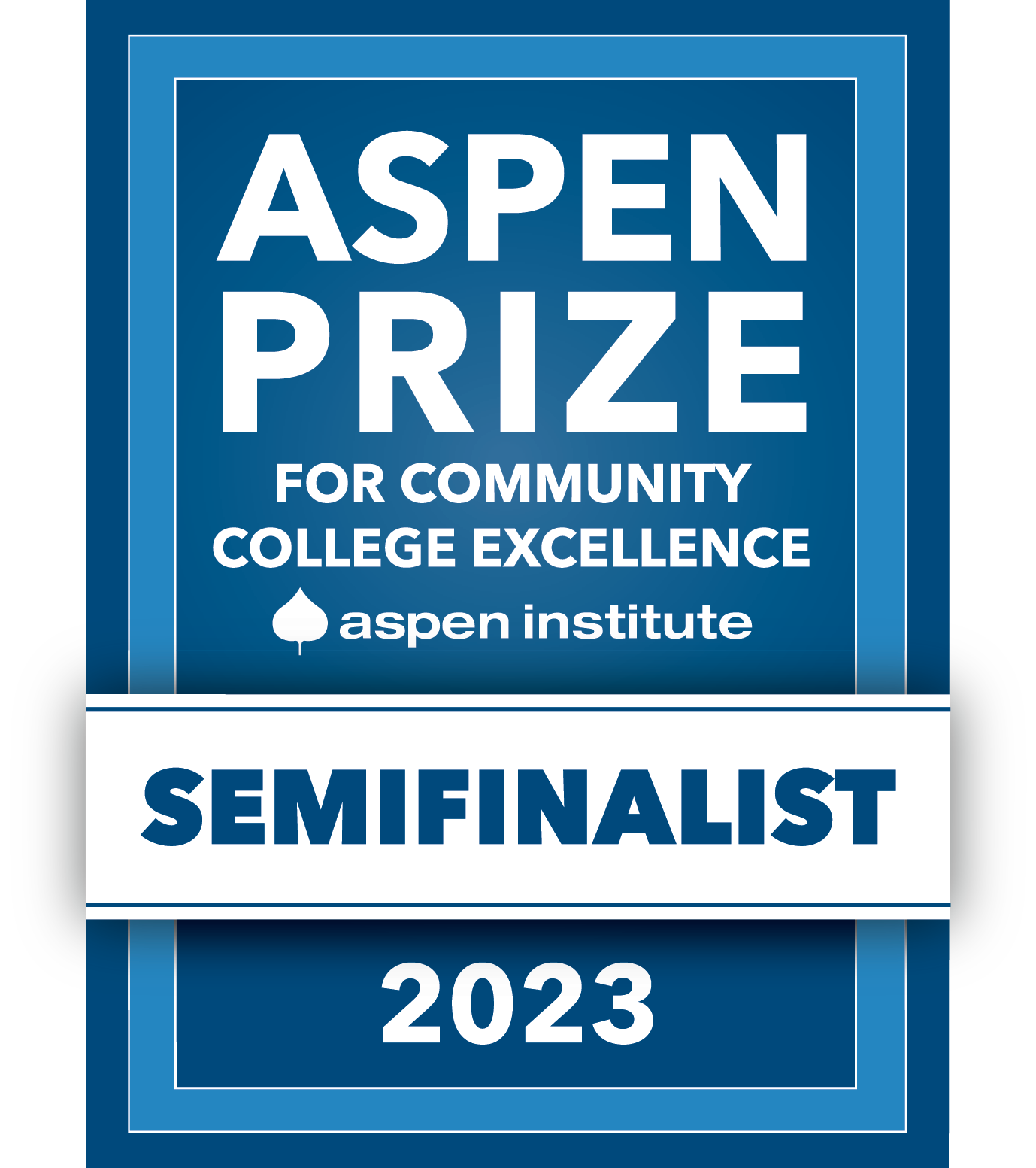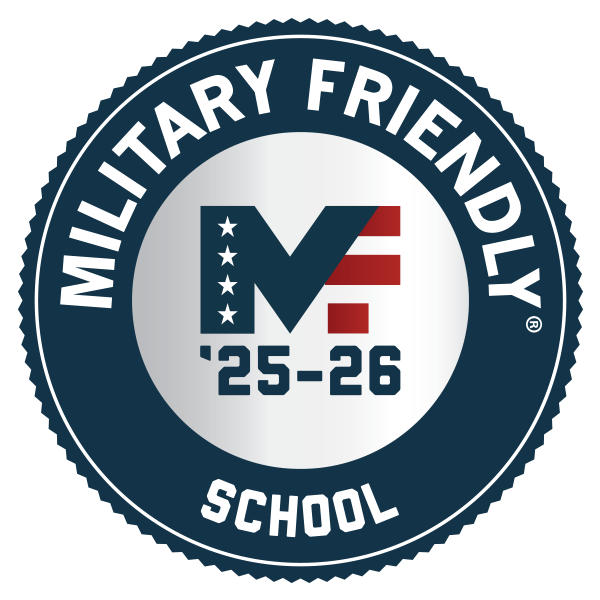- Welcome
- Campus Maps
- History
- Mission Statement
- Accreditation
- Administration
- Employment
- Human Resources Employment Process FAQ
- Position Vacancies
- Salary Schedule (PDF)
- Employee Benefits
- Paid Holidays
- Employee Handbook (PDF)
- Faculty Handbook (PDF)
- BENCOR Special Pay Plan (PDF)
- Social Security Collection and Usage
- Affordable Care Act Notice (PDF)
- Social Security Disclosure Summary (PDF)
- Tobacco-Free College
- Drug-Free Workplace & Campuses
- Technology Usage Acknowledgement (PDF)
- Employee Safety Manual (PDF)
- SFSC’s Annual Security and Fire Safety Report (PDF)
- Calendars
- News
- Social Media
- Honoring Our Retirees
- Celebrating Our Trustees
AVON PARK, Fla. – March 30, 2018 – Four South Florida State College (SFSC) Bachelor of Science in Elementary Education students will participate in the five-day NASA Minority University Research and Education Project (MUREP) Educator Institute at the Kennedy Space Center, June 18-22. The program was created to bolster teacher education in science, technology, engineering, and math (STEM).
The four students attending the institute are Sheri Cobb, Bonnie Cullifer, Dana Smallwood, and Antonio Tirada. Joining them will be Dr. Maday Leon, lead instructor, SFSC Elementary Education program. SFSC is one of eight institutions from across the country participating the program this year.
“This is a lifetime opportunity for my students,” Dr. Leon said. “They’ll receive training from people who are the top of their fields in science.”
The program is comprised of student-centered classroom activities that use NASA resources and assist educators in developing instructional practices that enhance STEM instruction.
“We stay at the Kennedy Space Center for a week, and the students have a different activity to work on each day,” Dr. Leon said. “The goal is that science and math classes will change from relying on textbooks to using hands-on activities, and the students will make use of “Five E” lesson plans. “Five E” stands for “Engaged, Explore, Explain, Elaborate, and Evaluate.”
Working in groups, the student teachers will be given situations to explore, test, and evaluate, such as how engineers landed the Curiosity rover on Mars or the role of clouds in atmospheric temperature. In testing, they will be given a select set of everyday materials to use, such as cotton balls, thermometers, masking tape, rubber bands, and stop watches. They must then consider how these activities can be implemented in their classrooms.
“We need to change the approach in our education right now,” Dr. Leon said. “We need to use more hands-on activities in education and develop more of the engineering. Through the application process, students can become critical thinkers. That’s what we need now in our society. We need our students to go into the workforce and be innovative.”
“If we continue preparing students for only testing and memorization, we are still existing in the industrial revolution, the prior era,” she continued. “We are currently in the technology age where the student must go to the next level. They should be saying, ‘This is a product. How can I improve it, fix it, or make it work?’ or ‘We have an environmental problem. Let me fix it or let me invent something to solve that problem.’ We need to start students at an early age with this mindset. Then, when the students graduate, they become problem solvers.”




